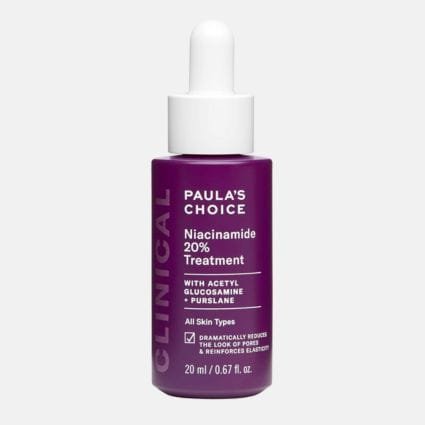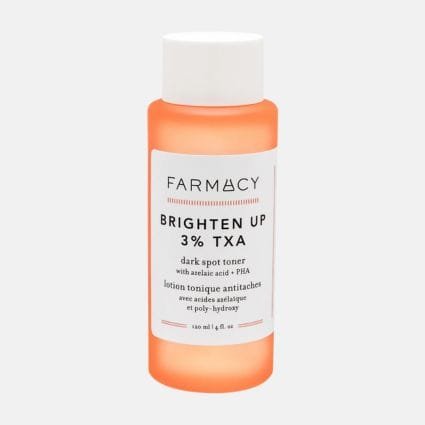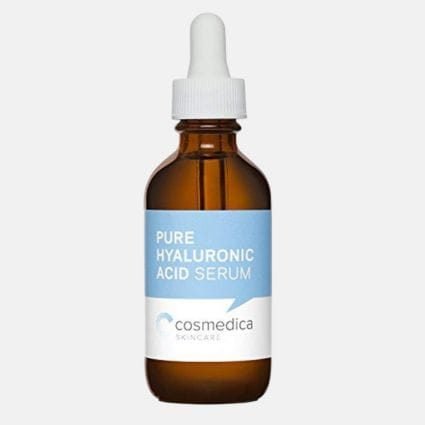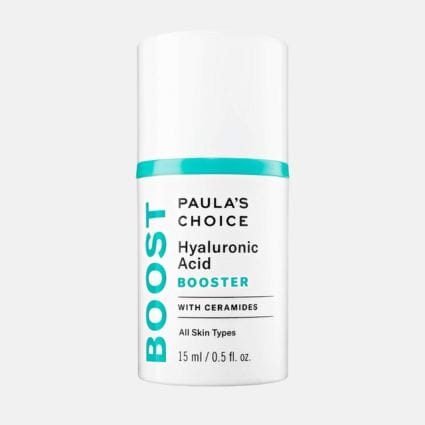Niacinamide Vs. Hyaluronic Acid: Which one is Better?

In the ever-expanding world of skincare, there’s no shortage of buzzworthy ingredients promising to transform your complexion. Two of the most popular contenders in the skincare arena are niacinamide and hyaluronic acid. Both are widely praised for their skin benefits, but they’re fundamentally different in how they work and what they offer. If you’ve ever found yourself wondering which one to incorporate into your routine—or if you need both—you’ve come to the right place.
Let’s break down the benefits, differences, and best uses for niacinamide and hyaluronic acid to help you decide what your skin truly craves.
What is Niacinamide?
Niacinamide, also known as vitamin B3, is a water-soluble vitamin that boasts an impressive range of skin benefits. It’s a multi-tasking powerhouse, making it a favorite among dermatologists and skincare enthusiasts alike.
Key Benefits of Niacinamide:
Balances Oil Production: Niacinamide helps regulate sebum (oil) production, making it ideal for oily and acne-prone skin.
Minimizes Pores: Regular use can visibly reduce the appearance of large pores.
Improves Skin Barrier Function: Strengthens the skin’s natural barrier to retain moisture and fend off environmental aggressors.
Reduces Redness and Inflammation: Great for sensitive skin or conditions like rosacea.
Brightens Skin: Fades dark spots and evens out skin tone over time.
Fights Signs of Aging: Boosts collagen production, reducing fine lines and wrinkles.
Who Should Use Niacinamide?
Niacinamide is suitable for all skin types, including sensitive skin. It’s especially beneficial for those struggling with:
Acne or oily skin
Uneven skin tone or hyperpigmentation
Redness and sensitivity
Fine lines and wrinkles
Great Niacinamide Products
What is Hyaluronic Acid?
Hyaluronic acid (HA) is a humectant, meaning it attracts water to the skin. Despite the term “acid,” it’s incredibly gentle and primarily used for its intense hydrating properties. Fun fact: hyaluronic acid can hold up to 1,000 times its weight in water!
Key Benefits of Hyaluronic Acid:
Intense Hydration: Locks in moisture, leaving skin plump and smooth.
Enhances Skin Elasticity: Keeps skin looking youthful and firm.
Soothes Dryness: Relieves flaky or irritated skin caused by dehydration.
Improves Skin Texture: Reduces the appearance of fine lines caused by dehydration.
Boosts Radiance: Makes skin look dewy and healthy.
Who Should Use Hyaluronic Acid?
Hyaluronic acid is a universal crowd-pleaser. It’s perfect for:
Dry or dehydrated skin
Aging skin seeking to reduce fine lines and wrinkles
Normal, combination, or oily skin in need of extra hydration
Great Hyaluronic Acid Products
Choosing Between Niacinamide and Hyaluronic Acid
Absolutely! In fact, niacinamide and hyaluronic acid complement each other beautifully. Here’s why:
Hydration + Repair: Hyaluronic acid provides the hydration your skin needs, while niacinamide strengthens the skin barrier to lock in that moisture.
Calm and Balance: Hyaluronic acid soothes, while niacinamide reduces redness and balances oil production.
How to Use Them Together:
Start with Hyaluronic Acid: After cleansing and toning, apply a hyaluronic acid serum while your skin is still damp. This helps it attract and retain moisture more effectively.
Follow with Niacinamide: Layer your niacinamide serum on top. It will seal in the hydration while delivering its own set of benefits.
Finish with Moisturizer: Always lock in your serums with a good moisturizer to maximize their effects.
FAQ
1. Can niacinamide cause irritation?
Niacinamide is generally well-tolerated, but in rare cases, it can cause mild irritation. If you’re new to it, start with a lower concentration (around 5%) and patch test first.
2. Is hyaluronic acid safe for sensitive skin?
Yes! Hyaluronic acid is incredibly gentle and suitable for all skin types, including sensitive and acne-prone skin.
3. Can I use these ingredients with retinol or vitamin C?
Niacinamide: Pairs well with both retinol and vitamin C, making it a versatile choice.
Hyaluronic Acid: Also safe to use alongside retinol and vitamin C, as it provides hydration to counteract potential dryness.
Final Thoughts
When it comes to niacinamide vs. hyaluronic acid, it’s not really a competition—they’re more like the dream team of skincare ingredients. Whether you choose one or use both, they each bring unique and transformative benefits to your routine. The key is understanding your skin’s needs and layering these ingredients effectively for the ultimate glow.
So why not give them both a try? Your skin will thank you. And remember, no matter what you choose, don’t skip the sunscreen—it’s the real MVP of skincare.



